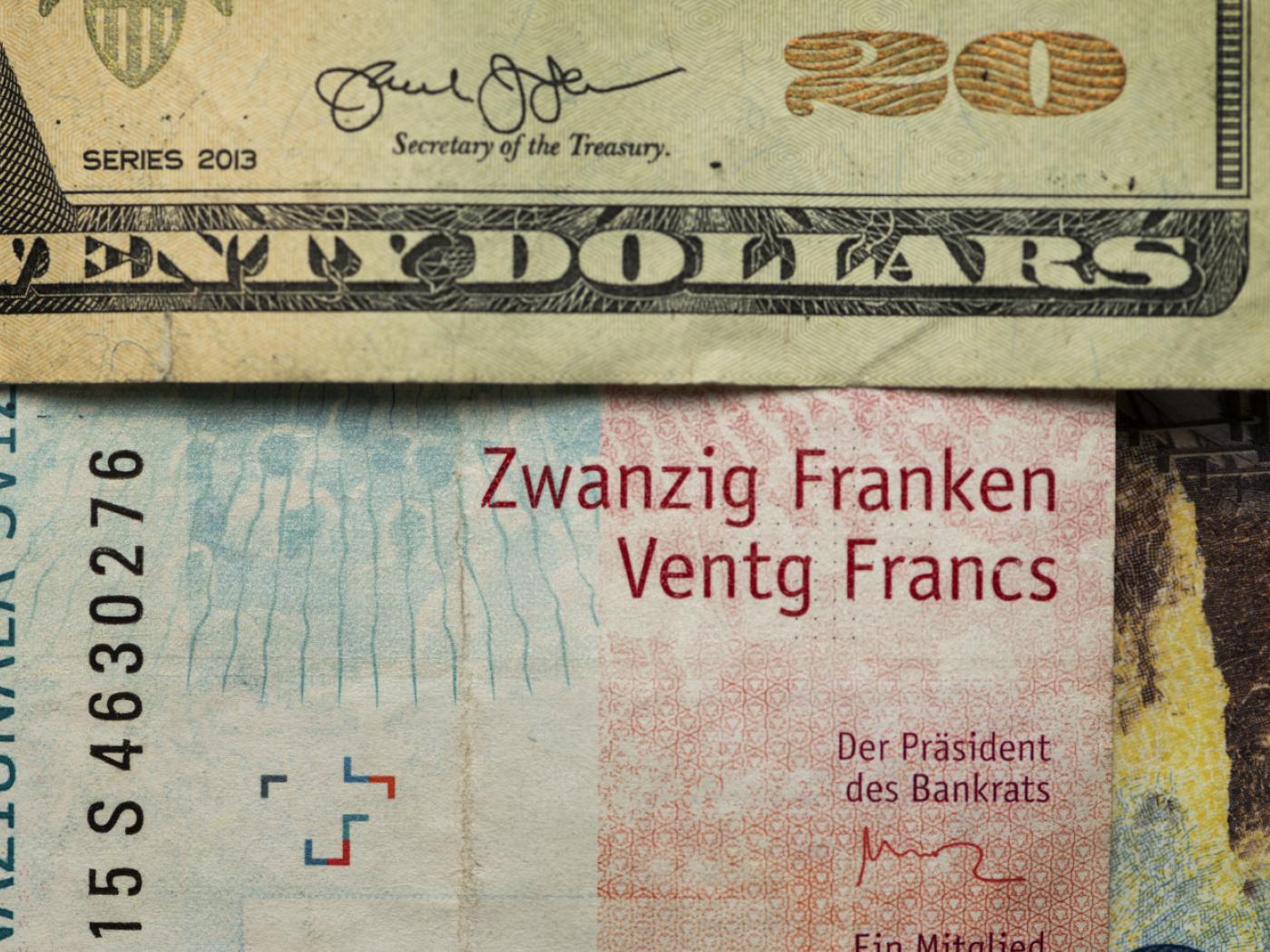Albert Jay Nock’s Our Enemy the State, which was published nearly ninety years ago in 1935, had a great influence on Murray Rothbard, transmitted though his friend and mentor Frank Chodorov, who was Nock’s main follower. The book is rich in insights, some of which I have discussed in a forthcoming review for The Misesian, but there are many more. In what follows, I’ll comment on some of these.
Nock distinguishes two ways in which people in a community can co-exist. One is by peaceful cooperation and the other is by taking what others have produced. He calls the first way the “economic means” and the second the “political means.” By Nock’s definition, the state is necessarily parasitic: “The State, then, whether primitive, feudal or merchant, is the organization of the political means.”
Different economic classes try to seize control of the state to obtain the benefits that accrue to the holders of state power. Nock offers as a prime example of this phenomenon the struggle between the feudal state and the merchant state. The latter is not an example of a genuine free market but rather an attempt by a few powerful people and corporations to mulct the public. Nock here fully anticipates and responds to one of the most important attacks on the free market. Opponents of capitalism confuse it with “crony capitalism,” ably discussed by Hunter Lewis in his book Crony Capitalism in America, 2008-2012. The critics demand that the manifest defects of crony capitalism be remedied by the state, when it is precisely the state that is responsible for them.
In this connection, Nock makes a valuable contribution that anticipates contemporary discussion. Nock claims that powerful corporations, such as the British East Company, were states, and understanding this point is basic to understanding American colonization. He credits for this insight the great American historian Charles Beard:
The fundamental fact to be observed in any survey of the American State’s internal development is the one whose importance was first remarked, I believe, by Mr. Beard, that the trading company—the commercial company for colonization—was actually an autonomous state. “Like a State,” says Mr. Beard, “it had a constitution. . .like the State it had a territorial basis, a grant of land often greater than in area than a score of European principalities. . .It could make assessments, coin money, regulate trade, dispose of corporate property, collect taxes, manage a treasury and provide for defense. . .Thus every essential element long afterward is found in the government of the American State appeared in the chartered corporation that started English civilization in America.”
In his discussion of the merchant state, Nock puts great emphasis on control of the land, and he uses this point as a key to interpreting American history from colonial times through the Revolutionary War and afterward to the adoption and ratification of the Constitution. He says: “The first postulate of fundamental economics is that man is a land animal, deriving his subsistence from the land.” In part, this emphasis on land stems from the fact that Nock was a follower of the nineteenth-century economist and social reformer Henry George, who argued that ownership of land—as opposed to productive enterprise that takes place on land—belongs to “society.” Rothbard rejects this position, defending instead a Lockean account of property acquisition, but the point about the importance of land can readily be separated from the Georgist doctrine. (It is hardly a coincidence that Nock has a very negative opinion of Locke.)
Both British and American owners of land sought to seize more and more land for themselves, and the British merchant state acted to restrict Americans from land-grabbing. Nock argues that this restriction was a major cause of the American colonies’ revolt against England. Nock is quite insistent on this. He says:
Great evidential value may be attached to the long line of adverse commercial legislation laid down by the British State from 1651 onward, especially to that portion of it which was enacted after the merchant-State established itself firmly in England in consequence of the events of 1688. . .Over and above these, however, if the reader will put himself back into the ruling passion of the time, he will at once appreciate the import of two matters which for some reason escaped the attraction of historians. The first of these is the attempt of the British State to limit the exercise of the political means in respect of rental-values. In 1763, it forbade the colonists to take up lands lying westward of the source of any river flowing through the Atlantic seaboard. . .this was serious. With the mania for speculation running as high as it did, with the consequences of opportunity, real or fancied, having become so acute and general, this ruling affected everybody. . .For by this time, the colonists had begun to be faintly aware of the illimitable resources of the country lying westward. They had learned just enough about them to fire their imagination and avarice to a white heat.
This is the first of the facts that Nock says historians have neglected. The other neglected fact is that American merchants realized that if they controlled a state of their own, they could use the political means to their advantage:
It would be the most natural thing in the world for the colonists to perceive that independence would not only give freer access to this one mode [land acquisition] of the political means but it would also open access to other modes as well which the colonial status made unavailable.
Nock was an original thinker of substantial power, and we have much to learn from Our Enemy the State and his other books.
Full story here Are you the author? Previous post See more for Next postTags: Featured,newsletter



























